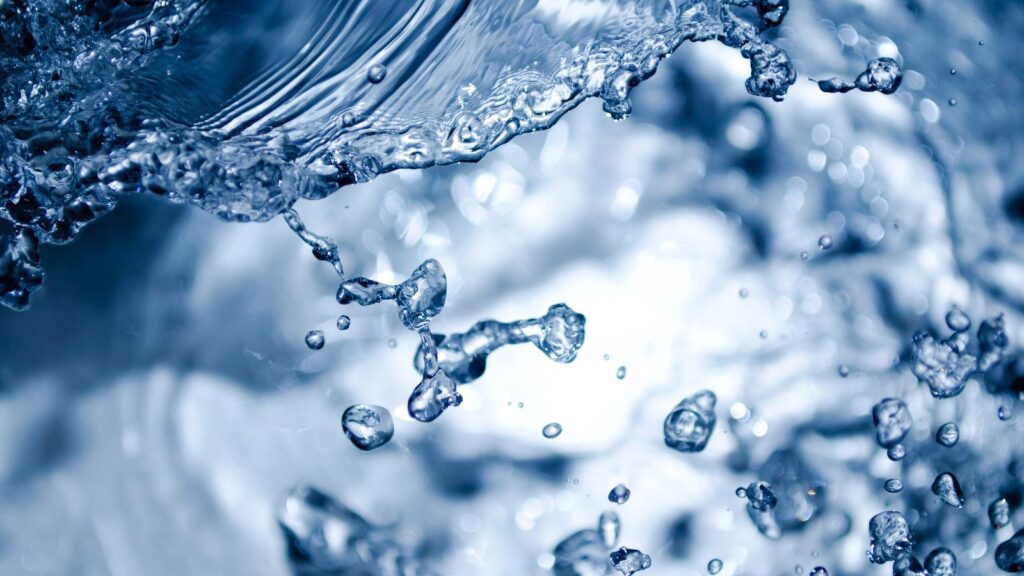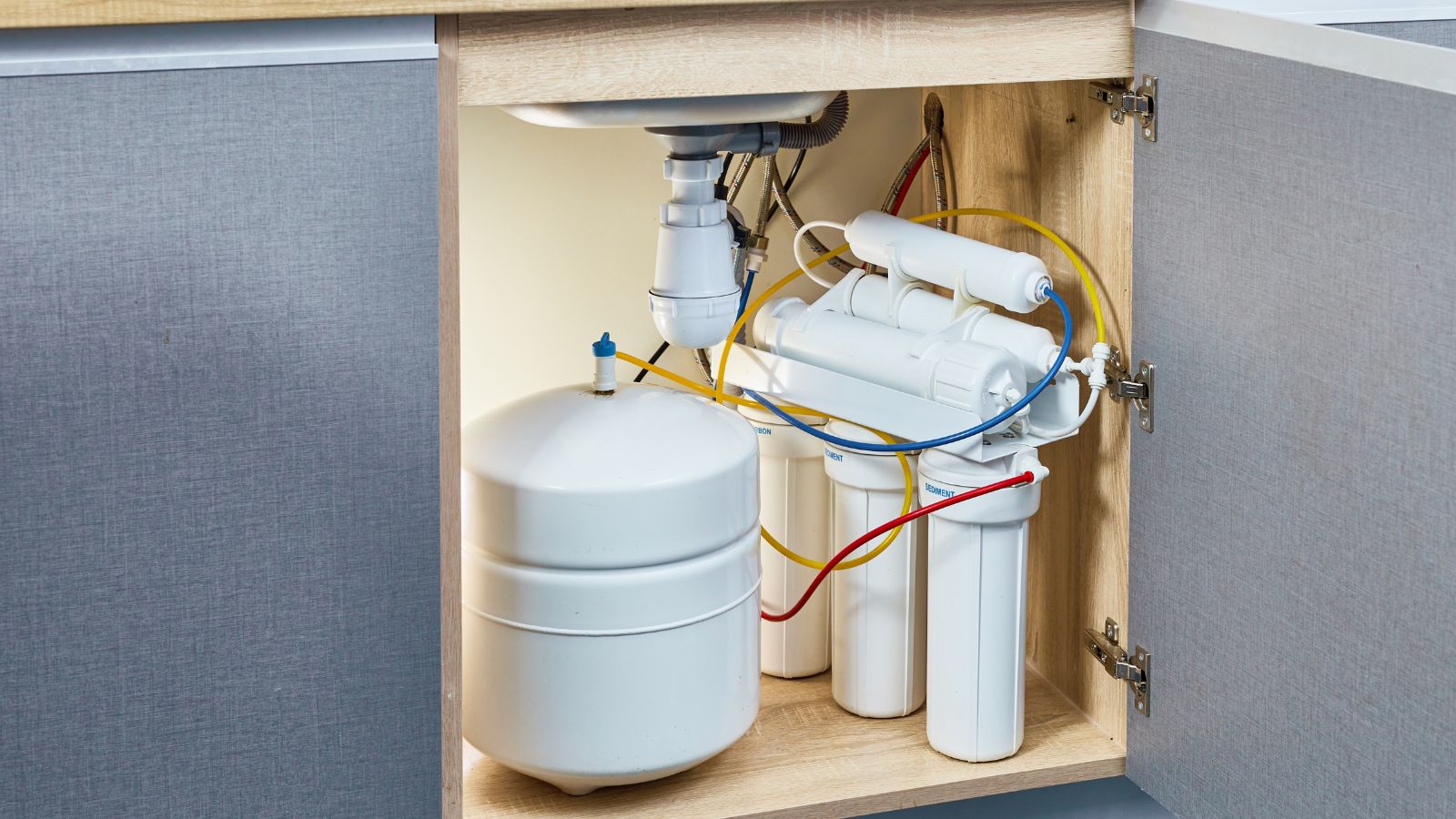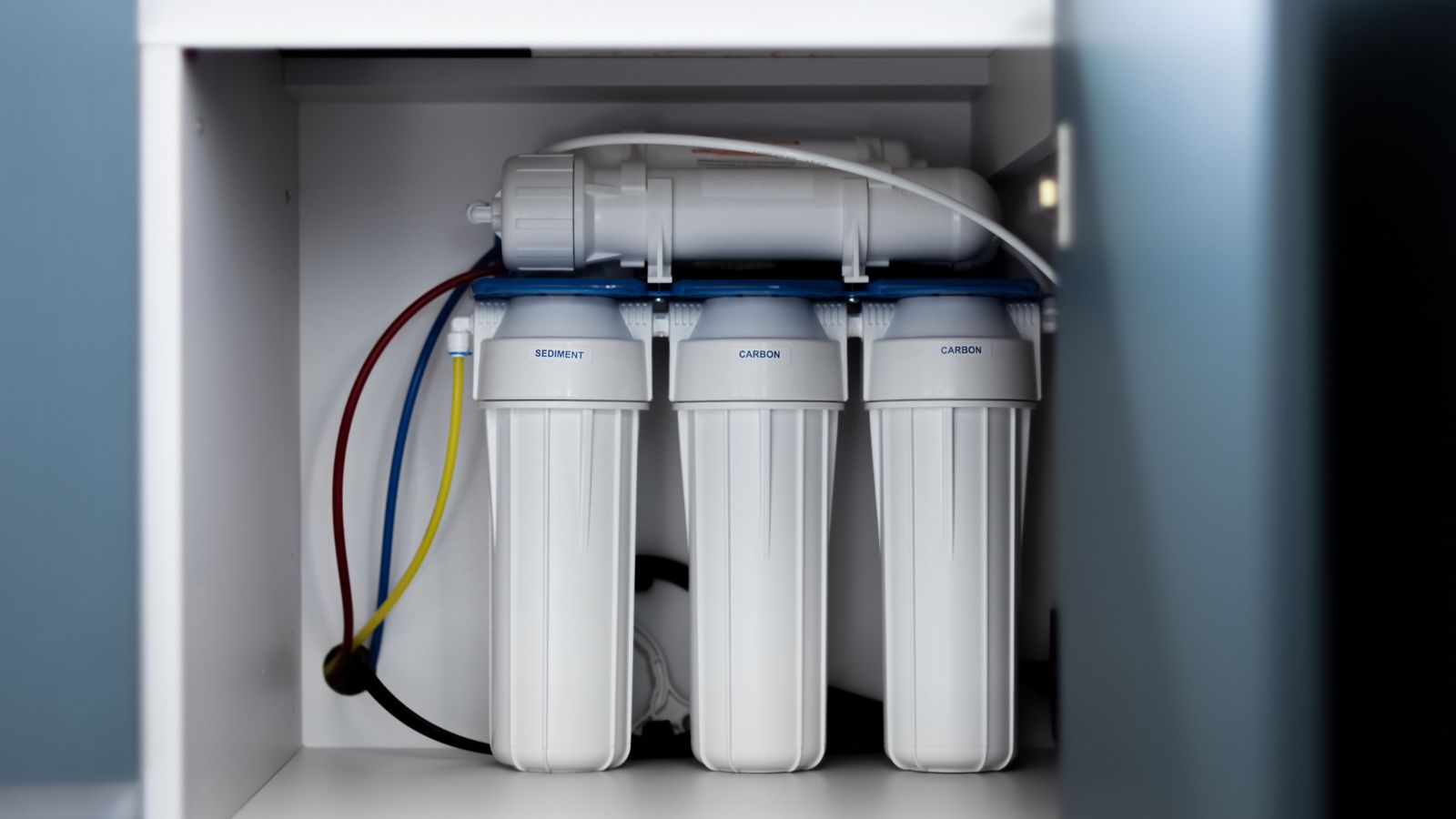Having access to clean water is a fundamental necessity, but the origin of that water—whether drawn from a private well or supplied by the city—significantly influences the type of filtration your home requires. Each water source comes with its own set of challenges, and understanding these distinctions is vital for protecting your household’s health and comfort. In this guide, we’ll take a closer look at the qualities of both well and city water, uncover potential contaminants, and help you identify the most effective whole house water filtration system for your needs.
Why You May Need a Whole House Water Filtration System
Whether your home relies on a private well or the municipal water supply, you may be surprised to learn that water straight from the tap isn’t always as clean as it looks or tastes. There are several compelling reasons why setting up a whole house water filter is a wise decision:
- Remove common contaminants: Both well and city water can contain pollutants such as chlorine, iron, sediment, and bacteria.
- Improve water taste and smell: Filtration can eliminate unpleasant odors caused by hydrogen sulfide or chlorine.
- Protect plumbing and appliances: A whole house water filtration system can reduce mineral buildup from hard water, prolonging the life of pipes, dishwashers, and washing machines.
- Safeguard your health: Clean water reduces your exposure to potential toxins and pathogens that can lead to long-term health issues.
Well Water vs. City Water: Key Differences That Affect Filtration Needs
There are several fundamental differences between well and city water that impact your choice of filtration system:
1. Source and Responsibility
- Well Water: Sourced from underground aquifers. Homeowners are responsible for testing and treating their private well water.
- City Water: Comes from surface or ground sources, treated by local governments. Still, it may contain residual disinfectants and contaminants from aging pipelines.
2. Common Contaminants
-
- Well Water:
- Sediment
-
-
- Iron and manganese
- Bacteria and viruses
-
- Hydrogen sulfide
- City Water:
- Chlorine and chloramine
- Fluoride
- Lead (from pipes)
- Disinfection byproducts
3. Hardness
- Both types can be “hard” due to minerals like calcium and magnesium. A water softener system is often needed in conjunction with a well water filtration system or city water filtration system.
4. Taste and Odor
- Well water can sometimes have a distinct metallic or sulfuric flavor.
- City water, on the other hand, might have a noticeable chlorine scent.
Choosing the Right Whole House Filtration System
Before investing in a whole house water filtration system, consider these key factors:
- Water Testing: Start by testing your water — it’s the most crucial step. Understanding the specific contaminants in your water will guide your filtration choice.
- Match the system to the problem:
High sediment? You need a sediment pre-filter.- Iron in well water? An iron filter is a must.
- Chlorine in city water? A carbon filter works best.
- Consider a multi-stage system: A layered system can target multiple contaminants at once for comprehensive protection.
- Budget and maintenance: Factor in the cost of replacement filters and regular maintenance needs.
Whole House Water Filtration System for Well Water
If your home relies on a private well, you’re fully responsible for ensuring the water is safe, clean, and free from natural contaminants. A tailored whole-house filtration system for well water is essential to tackle the unique challenges posed by underground water sources.
Essential Components of a Well Water Filtration Setup:
- Sediment Pre-Filter – The first line of defense, this filter traps visible particles like silt, sand, and rust to protect downstream components.
Iron and Manganese Filter – Specifically engineered to eliminate high levels of iron and manganese that can cause reddish stains on fixtures and impart a metallic taste.
Activated Carbon Filter – Neutralizes unpleasant odors such as the “rotten egg” smell caused by hydrogen sulfide, while also improving overall water taste. - UV Sterilizer Unit – Uses ultraviolet light to destroy bacteria, viruses, and other microorganisms without adding any chemicals.
- Water Softener System – Reduces water hardness caused by calcium and magnesium minerals, protecting your plumbing and appliances.
Why It Matters:
- Sparkling clean laundry and dishes without mineral deposits
- No more sulfuric smells or iron stains in sinks and tubs
- Gentle, non-irritating water for skin and hair
- Peace of mind knowing your drinking water is microbiologically safe
With the right system in place, every tap in your home delivers reliable, high-quality water.
Whole House Filtration for City Water
Even though municipal water is pre-treated before it reaches your home, it may still contain residual chemicals, pipe sediment, and byproducts from disinfection. A whole-house filtration system for city water ensures that the water you use daily is cleaner, safer, and better-tasting.
Components of a City Water System:
- Carbon Filter – Removes chlorine, chloramine, and disinfection byproducts.
- Sediment Filter – Captures fine particles from aging pipes.
- Reverse Osmosis System (optional) – For homes needing extra purification.
- Water Softener – If hardness is an issue in your city’s supply.
Benefits at a Glance:
- Great-tasting, odor-free water for drinking and cooking
- Enhanced protection from leftover contaminants in city supply lines
- Soft, skin-friendly water available throughout your home
- Extended durability of your water heater, dishwasher, and washing machine
Installing a whole-house filtration system designed for city water gives you full control over your water quality, ensuring that what’s coming out of the tap is not just legal—but genuinely clean and pleasant to use.
Get a Water Test Before You Choose
Choosing between a well water filtration system and a city water filtration system starts with knowing your water’s exact composition. A professional water test helps identify which contaminants are present and to what degree, allowing you to select the most effective whole house water filter.
Whether you’re on a private well or a municipal supply, investing in a whole house water filtration system is one of the best ways to protect your family, your plumbing, and your peace of mind.




More Stories
Understanding the Legal Process After a Loved One Passes Away
How to Schedule and Prioritize Handyman Projects Efficiently
How Can You Handle Negative Evaluation on Your Dubai Airbnb Listing? Effective Strategies for Hosts